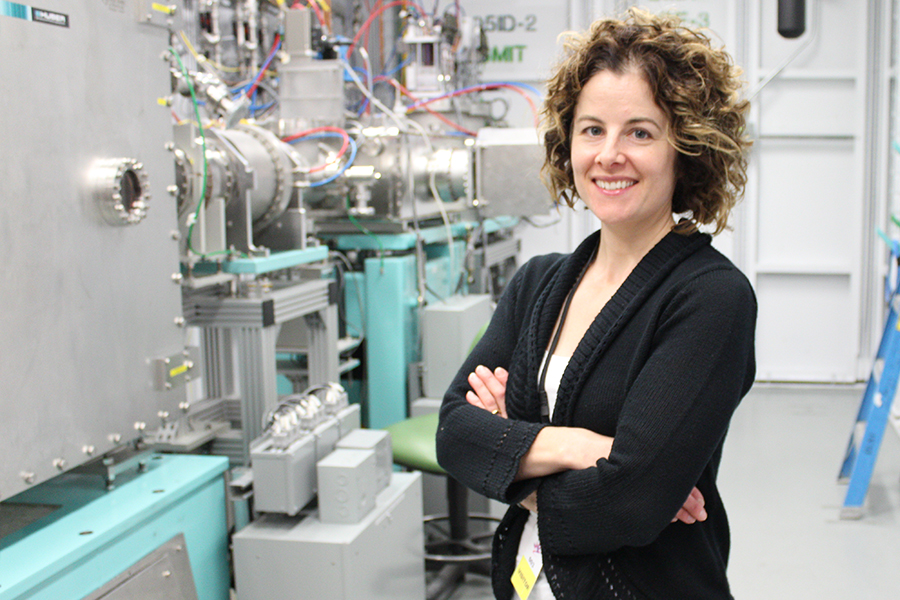
Elite honours for four U of S researchers
Four University of Saskatchewan researchers have earned national acclaim from one of the most prestigious organizations in the country.
By University CommunicationsThe Royal Society of Canada (RSC) is honouring four renowned professors from the University of Saskatchewan as new members of the College of New Scholars, Artists and Scientists. Markus Hecker (School of Environment and Sustainability), Maggie Kovach (College of Education), Angela Lieverse (College of Arts and Science) and Dwight Newman (College of Law) will be elected to the RSC’s College at the annual general meeting Nov. 17-19 in Kingston, Ont.
The selected individuals represent a cohort of the best emerging scholars, artists and scientists from across Canada. The College’s mission is to recognize scholarly, research and artistic excellence, advise governments and organizations, and promote a culture of knowledge and innovation in Canada and with other national academies around the world.
The four professors will join two other U of S researchers, Graham George and Jo-Anne Dillon, who will be among 89 new inductees into the Royal Society of Canada, one of the highest honours awarded to Canadian scholars.
Here is a quick look at the new College members, in alphabetical order:
Markus Hecker
The Canada Research Chair in Predictive Aquatic Ecotoxicology and associate professor in SENS has distinguished himself as one of the world’s pre-eminent environmental toxicologists. The heralded researcher, who joined the U of S in 2011, is a leading expert in environmental and chemical risk assessment, water quality assessment, and the effects of chemicals on aquatic wildlife. Hecker’s research has tackled the complex problems ecosystems face from contaminants, helping public and private sector organizations manage and protect natural resources. His cutting-edge work has developed a number of testing methods that have been widely used in chemical screening programs across the globe.
Maggie Kovach
An associate professor in educational foundations and educational administration, Kovach is a world leader in Indigenous research methodologies and Indigenous curriculum development. Her work—in particular her book Indigenous Methodologies: Characteristics, Conversations, and Contexts—has changed the way Indigenous research by social science academics and students is done nationally and globally and she has been widely recognized for her transformative approach. She is also noted for her work at the U of S in the areas of adult education and distance education.
Angela Lieverse
The department head and associate professor in archaeology and anthropology at the U of S, Lieverse is one of the foremost bioarchaeologists in the country. Lieverse’s breakthrough research discoveries in middle Holocene (7000-1000 BC) foragers and Neolithic to Bronze Age (5800-1700 BC) hunter-gatherers garnered world-wide academic acclaim and drew major media interest, including her work in Siberia in 2012 that identified the oldest set of twins in the archaeological record, dating back 8,000 years. She also discovered evidence of cancer in skeletal remains of a man dating back 4,500 years, contrary to the previous prevalent view that cancer is largely a modern disease.
Dwight Newman
Considered one of the world’s leading experts on Indigenous rights and constitutional law, Newman’s work has been cited in Supreme Court of Canada decisions and in written arguments presented to the United States Supreme Court. Professor of Law and Canada Research Chair in Indigenous Rights in Constitutional and International Law at the U of S, Newman is a prolific and influential legal scholar whose expertise is recognized nationally and internationally. Newman, who joined the U of S back in 2005, has become the nation’s foremost scholar in the doctrine of the duty to consult Indigenous communities and his work has significantly advanced legal understandings of Aboriginal peoples in constitutional law.

